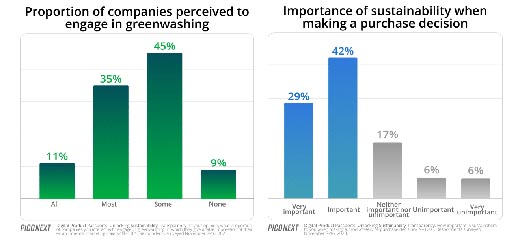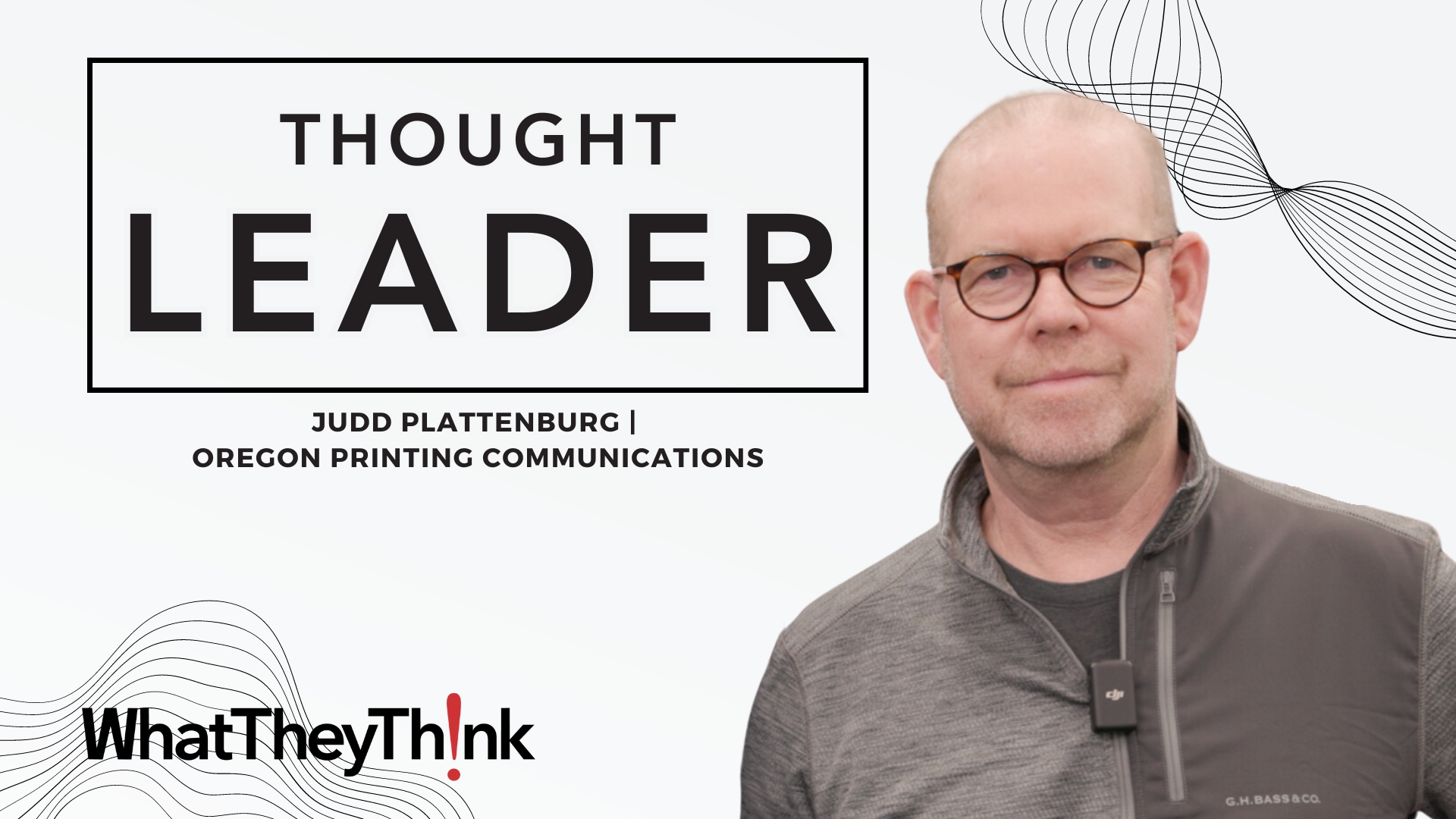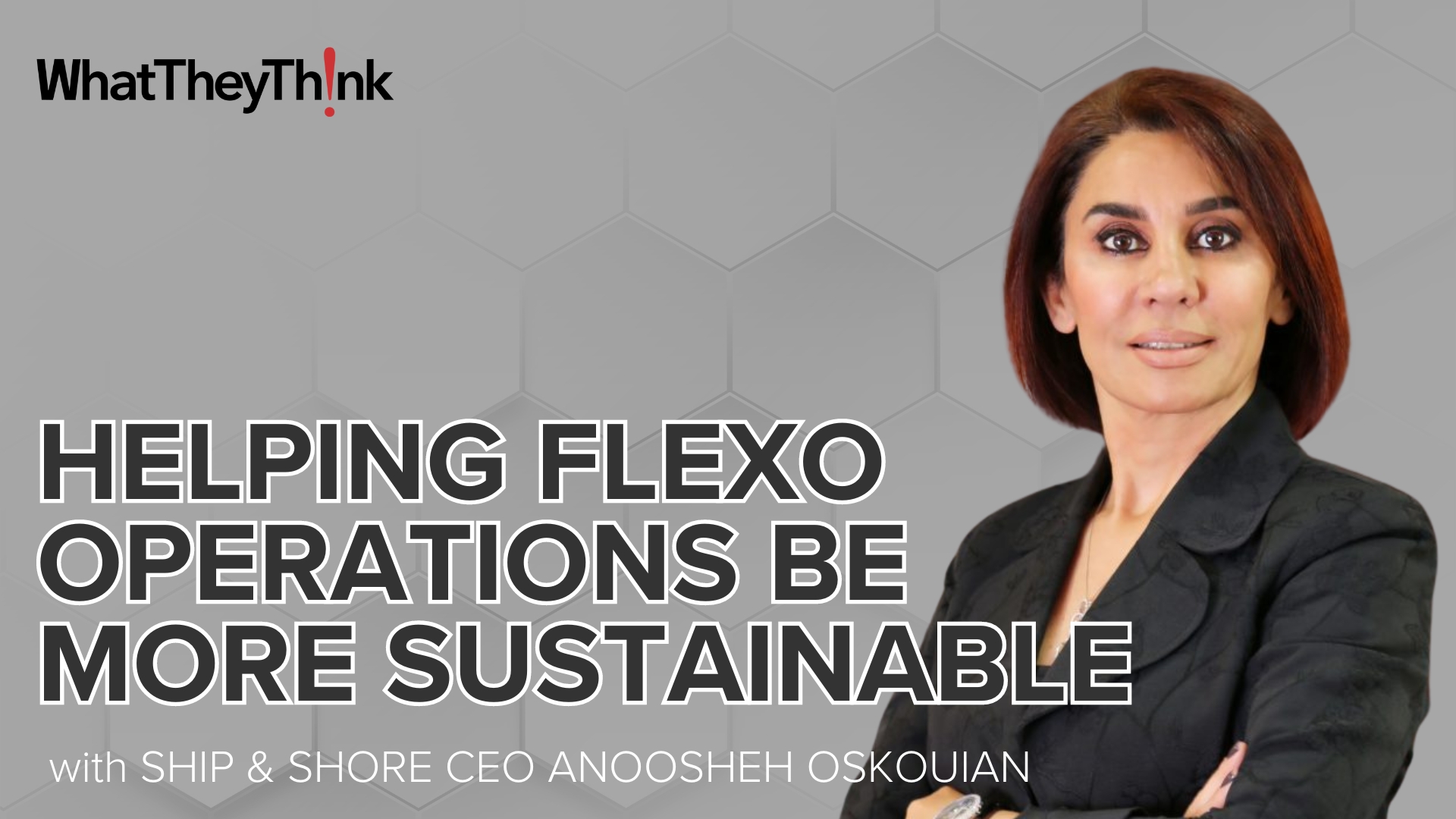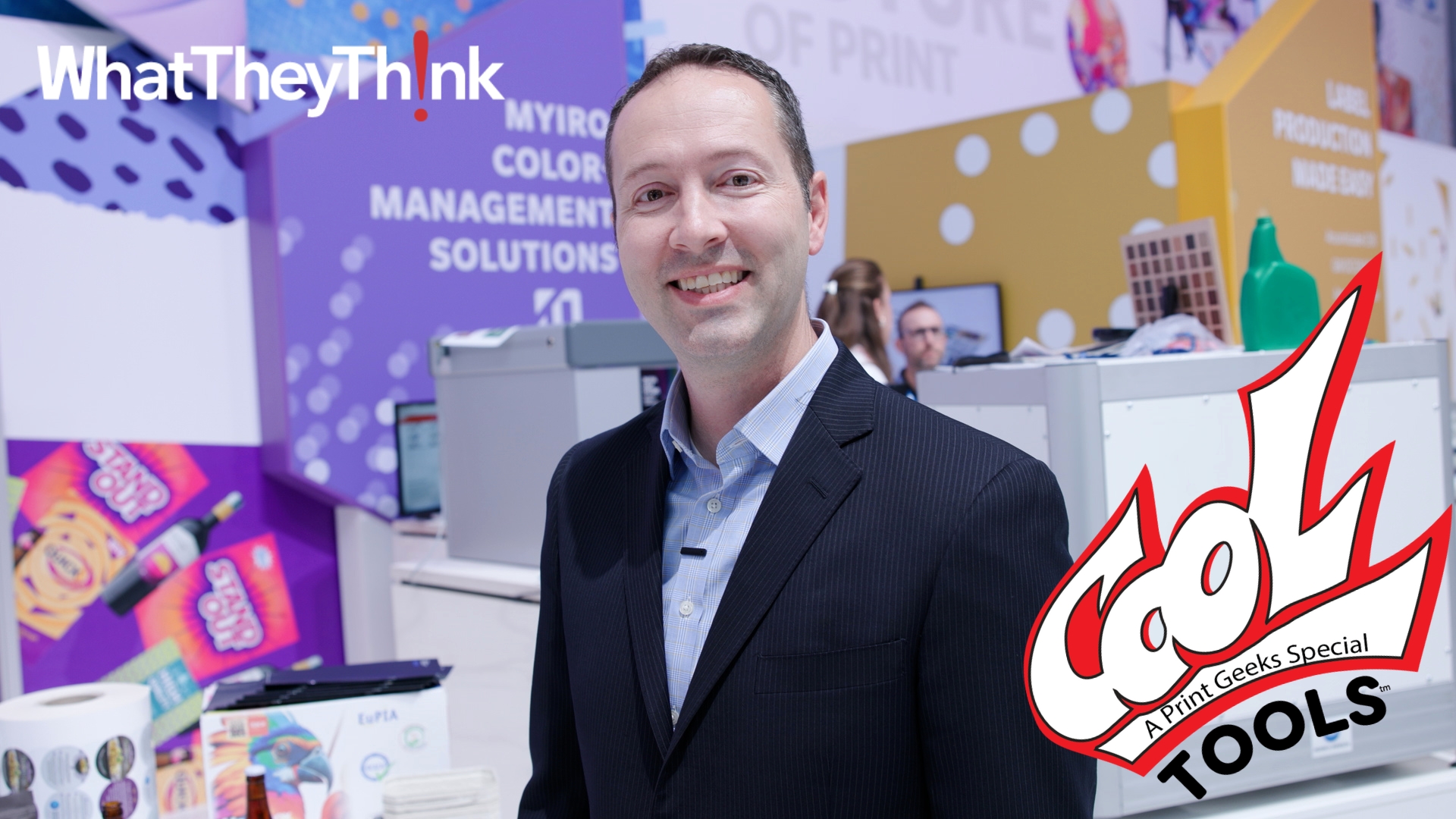New Global Survey Reveals Sustainability Is Key for Consumers, but Most Think Brands Are Greenwashing
Press release from the issuing company

Using product-level transparency via Digital Product Passports helps bridge the gap between marketing and action, while improving brand trust
Salt Lake City – Fully 91 percent of consumers believe that at least some brands engage in “greenwashing” – portraying a false impression of environmental marketing claims according to new global sustainability survey results released today by PicoNext. Despite this, 71 percent of consumers say that sustainability is important to them when making a purchase decision. Transparency can bridge the gap between brands’ sustainability claims and customer trust, with 67 percent of consumers saying they’d be more likely to purchase a product with more sustainability information.
The findings are detailed in Digital Product Passports: Unlocking Sustainability Transparency, a study of 1001 online consumers in the United States and Europe and their attitudes toward sustainability transparency. The survey provides insight into how increased transparency drives consumer attitudes around sustainability marketing, what transparency information customers expect from companies, and the opportunity brands have to connect more deeply with users by making sustainability information readily available through a Digital Product Passport.
“Our global survey data reveal that increased transparency is key to bridging the gap between what brands are saying about sustainability, and what they are actually doing,” said Dave Dickson, Founder of PicoNext. “By surfacing transparency data using a Digital Product Passport, brands can show the actual impact of their sustainability efforts – resulting in authentic connection with Gen Z and Millennial customers.” Companies produce sustainability reports, but obstacles exist When consumers turn to company-produced sustainability reports for more clarity on a brand’s environmental actions, some obstacles prevent them from fully engaging with them. The reasons for not engaging more deeply with sustainability reports include that they are too complex to understand (40.3%), too long (38.4%), and hard to find (36.3%). However, consumers indicate that they would like to access sustainability reporting more easily by scanning a QR code associated with a product, with 55% agreeing that this is their preferred access option.
Digital Product Passports improve consumer trust and purchase intent Having increased access to product-level sustainability information through a Digital Product Passport an emerging format for distributing transparency data pioneered by the European Union – improves consumer trust in a brand and purchase intent for its products. 73% of consumers indicate that access to detailed sustainability information helps them have more trust in a brand, with 67% also saying that they would be more likely to purchase a product with this increased information.
Top expectations for transparency: Recyclability and materials composition The top sustainability attribute that consumers want to learn more about when purchasing a product is around recyclability, with 56.1 percent saying knowing more about it helps drive their purchase intent. Other top sustainability attributes consumers would like to see include information about type of materials used (44.4%), anti-child labor statements (39.6%), and and waste reduction efforts (39.0%). Consumers want transparency to verify authenticity and sustainability claims Customers are pressing brands to disclose more information about their sustainability efforts for a variety of reasons. Among the top reasons consumers stand to benefit from access to sustainability information are the ability to verify the authenticity of a product (34.7%), the ability to verify a brand’s sustainability claims (33.7%), and the ability to locate recycling services (33.7%).
Digital Product Passports provide brands with additional consumer engagement touchpoints Providing sustainability transparency unlocks additional opportunities for brands to engage their customers. Alongside sustainability information, consumers indicate that brands also have the opportunity to engage them with ways to collect rewards for being a loyal customer (46.5%), to receive product or service updates from the company (36.3%), and to see related product offers (32.5%).
Transforming insight into actionable sustainability strategies In the report released today, PicoNext outlines these sustainability transparency trends, along with ways that brands can use Digital Product Passports to surface sustainability information and engage customers. In addition to these survey findings, the full report provides additional information on how consumers desire to trace a product throughout its lifecycle and the impact of third-party certifications on sustainability programs.
The Digital Product Passports: Unlocking Sustainability Transparency study surveyed 1001 online consumers across the United States and Europe from November 7-16, 2023 and has a margin of error of +/- 3 percent. The complete report is available for download at https://piconext.com/landing/digital-product-passport-sustainability/
- June 2024 Inkjet Installation Roundup
- Inkjet for corrugated and more: HP launches the T700i
- Printheads and inkjet integration programs from Xaar
- 2024 Inkjet Integrator Profiles: C-marx
- Finding the coolest of the cool at drupa
- Inkjet printheads and the evolution of print quality
- Koenig & Bauer developing inkjet for metal
- Carbon Black and Inkjet – Part 3: Options

WhatTheyThink is the official show daily media partner of drupa 2024. drupa Event Coverage | drupa daily programs
© 2024 WhatTheyThink. All Rights Reserved.














Discussion
Join the discussion Sign In or Become a Member, doing so is simple and free